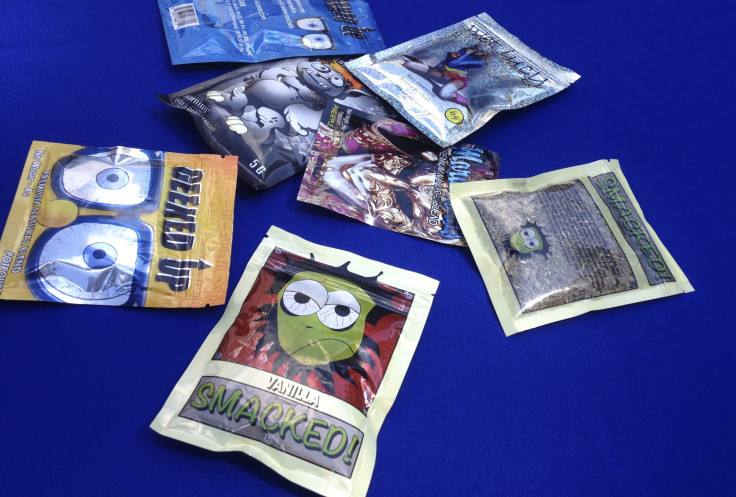Synthetic Pot Ban In Boston: Mayor Signs Ordinance To Fine For 'Spice' And 'K2' Use

Boston Mayor Marty Walsh signed a city ordinance Friday that places a ban on synthetic marijuana, adding Beantown to a growing group of states and cities that have restricted the use and sale of the product. Walsh's signature comes after the Boston City Council unanimously voted in favor of the ban earlier this week.
Synthetic pot, also commonly referred to as "K2" or "spice," has been the subject of scrutiny and legal bans since the high-profile suicide of an Iowa man who had smoked the substance an hour before his death. In 2012, President Barack Obama signed legislation that banned compounds that are frequently found in synthetic pot and making it a Schedule 1 narcotic -- meaning one that has a high potential for abuse.
"I thank the City Council for working on this important measure to better protect our residents from these extremely dangerous substances that are becoming increasingly accessible and more targeted toward our young people," Walsh said in a statement.
With the new ordinance, Boston police officers have the authority to hand out $300 fines when people are found possessing, selling, manufacturing or distributing synthetic cannabinoids. The ordinance is effective immediately.
David Rozga, an 18-year-old in Iowa, killed himself in 2010 after smoking K2 with his friends. The group bought the substance from a local convenience store. After smoking, Rozga became increasingly anxious and told his friends that he felt like he was "in hell" and was hallucinating. After calming down, he told them that he was tired and went home. Once home, apparently still reeling from the effects of the drug, he found his family's hunting rifle and shot himself.
Rozga's family later spoke publicly about the drug, and eventually testified before a U.S. Senate committee in 2011.
Synthetic cannabinoid compounds are often found in common household products, like incense. There are more than 100 different compounds in circulation, found in convenience stores, gas stations and head shops. The drugs can also be found through online retailers. The packaging for the drugs is often labeled as "not safe for human consumption."
By 2011, the synthetic herbal incense trade where the drugs are often found was a $7.6 billion industry. As the use of the drug rose, so too have the number of calls to poison control centers across the country. From 2010 to 2011 the number of calls related to synthetic pot usage more than doubled, from 3,000 calls to 7,00 calls.
© Copyright IBTimes 2024. All rights reserved.





















